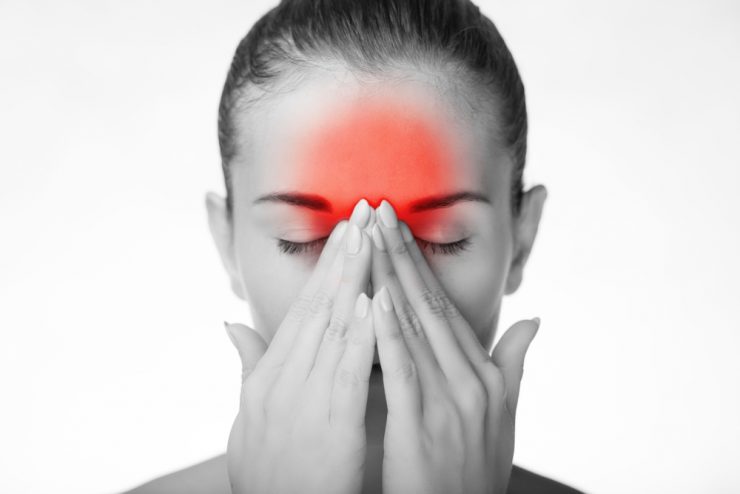Migraine Awareness Week takes place 3rd – 9th September and is the ideal time to look at some natural remedies that may help relieve the pain of this debilitating condition.
Clinical nutritionist Suzie Sawyer shares some ‘food’ for thought.
Although migraine headaches are thought to be the result of an excessive dilation of blood vessels in the head, there are various hypotheses as to why this happens. Many sufferers know what triggers their attacks, for example certain foods, but others suffer randomly.
Thankfully there are some nutrients which may help.
SEROTONIN
Studies on migraine patients have found they frequently suffer from lack of serotonin in the blood stream. Many prescription drugs for migraine raise serotonin levels, often leading to an increase in pain threshold in patients with chronic headaches.
While increasing foods to boost serotonin may help, a more effective way is to take a serotonin precursor, such as 5-hydroxytryptophan (known as 5-HTP). This can be taken in supplement form and is often most effective when taken for 60 days or more. 5-HTP can also raise levels of endorphins, the body’s own happy hormones.
Foods containing the amino acid tryptophan, which produces serotonin, include oats, turkey, chicken, salmon, tofu and seeds, so try to include these in your diet as much as possible.
MAGNESIUM
Low magnesium levels play a significant role in many headaches partly due to magnesium’s role in muscle relaxation; a migraine attack can often stem from tension or a stressful situation.
Great magnesium-rich foods include green leafy vegetables, whole grains, avocadoes and all types of fish. If you’re a migraine sufferer, it’s a good idea to also take a supplement of at least 500 mg daily of magnesium for best effect.
OMEGA-3’S
Blood flow is restricted to the brain during a migraine attack but a regular intake of the essential omega-3 fatty acids can help to keep blood thin and lower the risk of platelet or red blood stickiness.
Good sources of omega-3 fatty acids include oily fish such as salmon, mackerel, sardines and tuna. Try to include them in your diet at least three times a week.
GINGER
Although there is not much research available on the beneficial effect of ginger on migraine, excellent anecdotal evidence suggests that including plenty of ginger in the diet, or a supplement containing around 500 mg of ginger extract, may help prevent migraine attacks. Ginger can be used to flavour a variety of dishes and also makes a delicious tea.
Find our more about Migraine Awareness Week by visiting the Migraine Action Website.






















